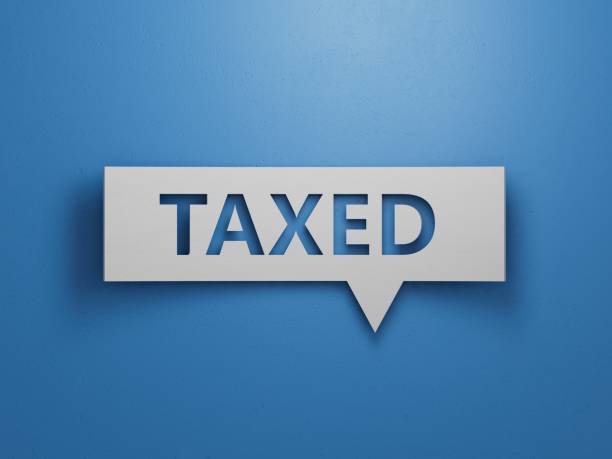If you have been to Seattle in the last 25 months, you’ll know firsthand the litter problem that is plaguing the city due to homelessness policies that the City Council has enacted. Seattle Mayor Jenny Durkin implemented a $3 million cleanup program which began earlier this year, but the litter problem is so bad, it’s going to take more than a onetime increase in litter cleanup efforts to reduce the amount of waste on the streets. The problem of litter isn’t just affecting the downtown cores of our largest cities, it’s also a problem for the state highways and interstates that cross the state, and it’s not getting better.
The Washington State Department of Transportation (WSDOT), who is responsible for keeping the highways clear of litter and other debris, are struggling to stay ahead of the litter build up. The pandemic hasn’t helped as many roadside volunteer workers who clean up during the summer have been reluctant or unavailable for work during the last 12 months. Despite this, the agency has continued to collect tax revenues. WSDOT spends about $3 million a year on litter cleanup across the state, down from the highest budgeted amount in 2018.
Oregon Department of Transportation (ODOT), which has only 900 more highway miles to maintain than WSDOT does in Washington (7949 for ODT and 7052 for WSDOT), spends about $4.5 million a year, $1.5 million more than WSDOT, on litter cleanup. Ten years ago, the difference was closer to $1 million.

Annual litter budget, Public Records Request made by WPC, August 2021 to WSDOT and ODOT
ODOT is facing similar problems to Washington with litter cleanup. In the greater Portland area, the issue is the Portland officials’ approach to homelessness that is causing the litter explosion. Similar to Portland, Seattle’s homelessness policy has created additional strain on state resources to deal with litter when city homeless residents overflow onto I-5. In 2019, Washington legislative transportation leaders wrote to WSDOT and the State Patrol expressing concern about the amount of debris on the state highway and to encourage them to work with the local jurisdictions on homelessness along the jurisdictions borders. The additional cleanup costs that a jurisdiction can place on the state litter budget when the jurisdiction doesn’t enforce clean up ordinances, means other areas of the state are neglected.
Tacoma has also struggled with litter during the pandemic and has launched its own clean-up efforts.
The early government pandemic lockdowns have depleted the ranks of volunteers that are available and willing to help clean up litter on Washington’s highways. WSDOT has not seen the return of those volunteers, even after implementing COVID safety procedures.
Oregon, spends per capita almost twice as much on litter clean up and arguably, outside of the metropolitan areas, is more successful at keeping rural and suburban areas free of litter.
WSDOT should be promoting the Adopt-A-Highway program to encourage businesses and volunteers to return to clean-up crews and clear the litter from the highways.
Lawmakers should also consider legislation that requires municipalities that allow litter buildup, either through non-enforcement or policy on state highways that run through the jurisdiction, to pay for the cleanup.






